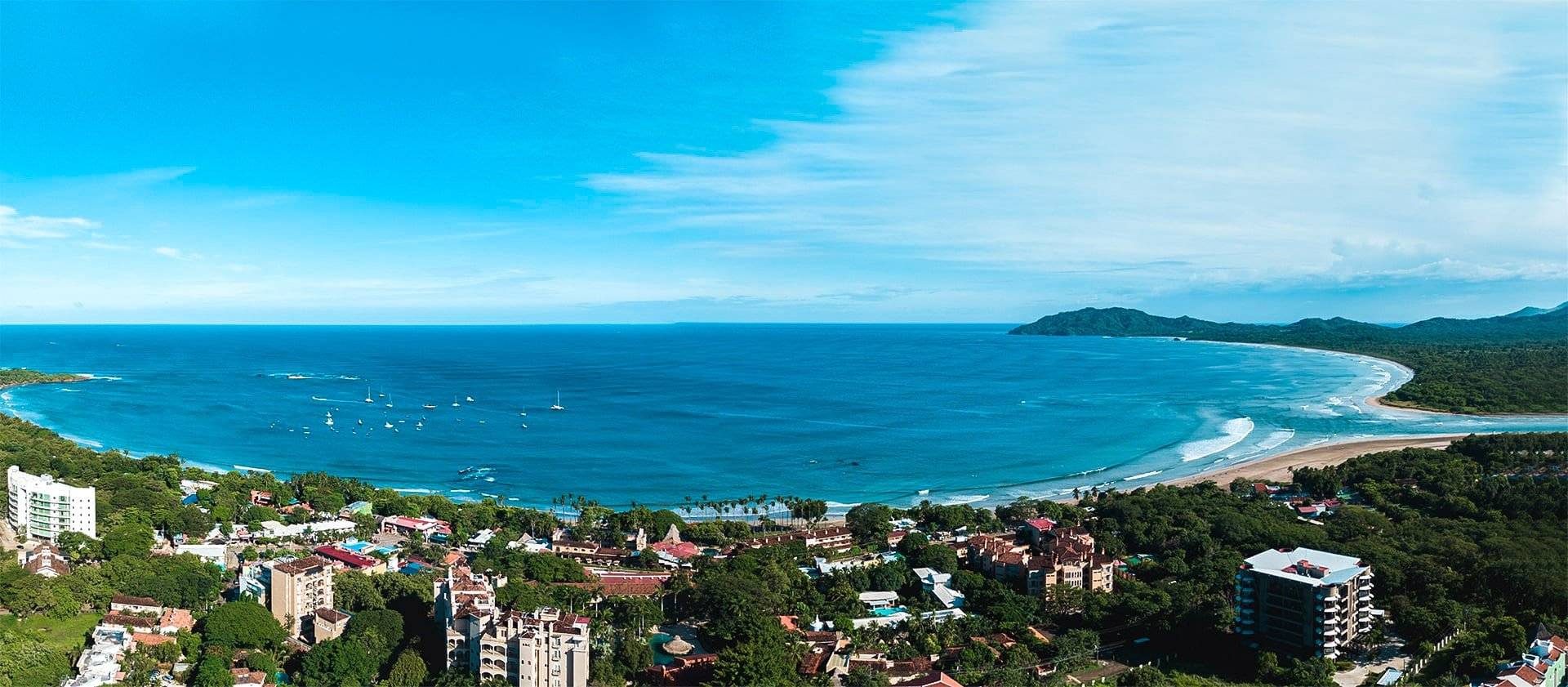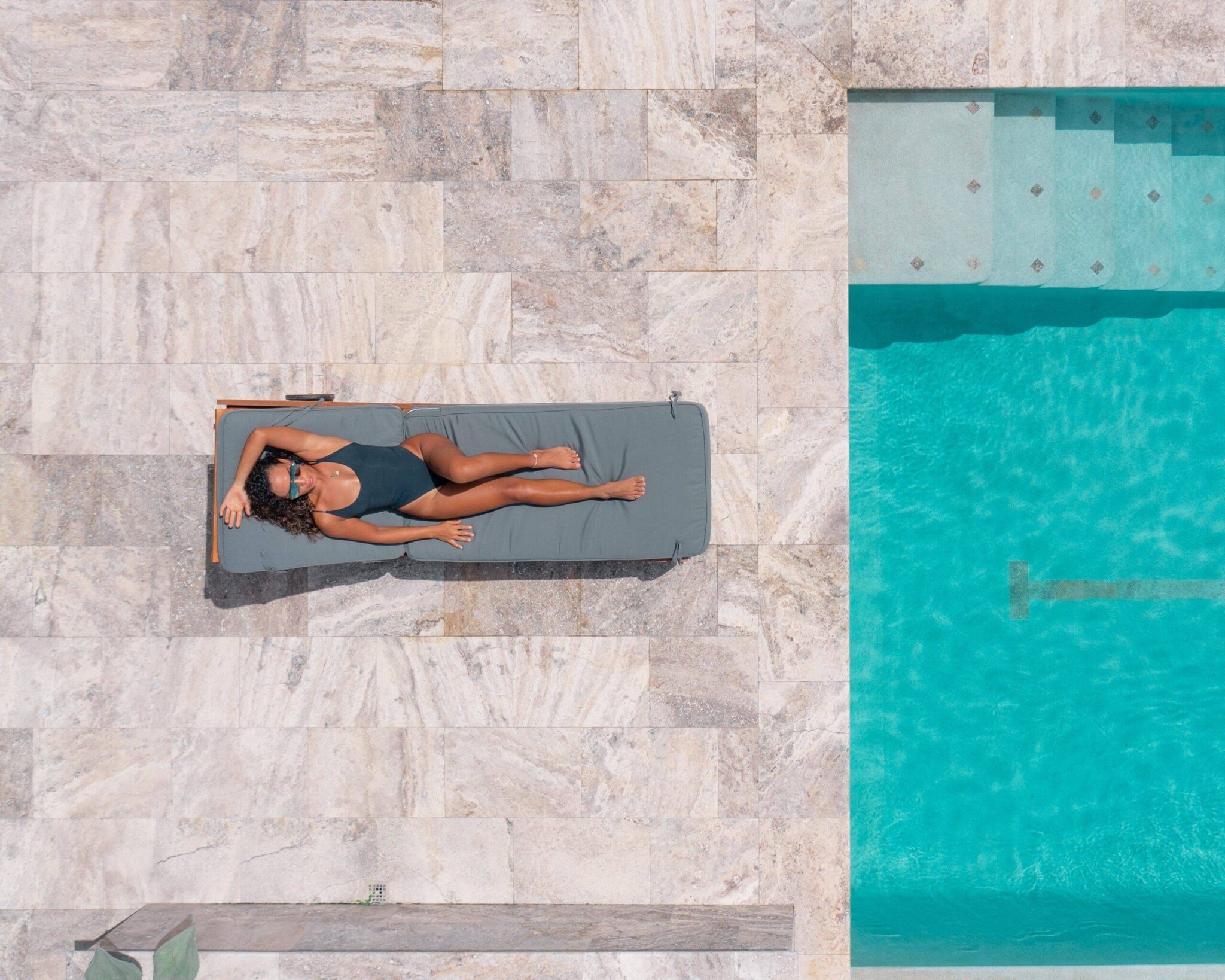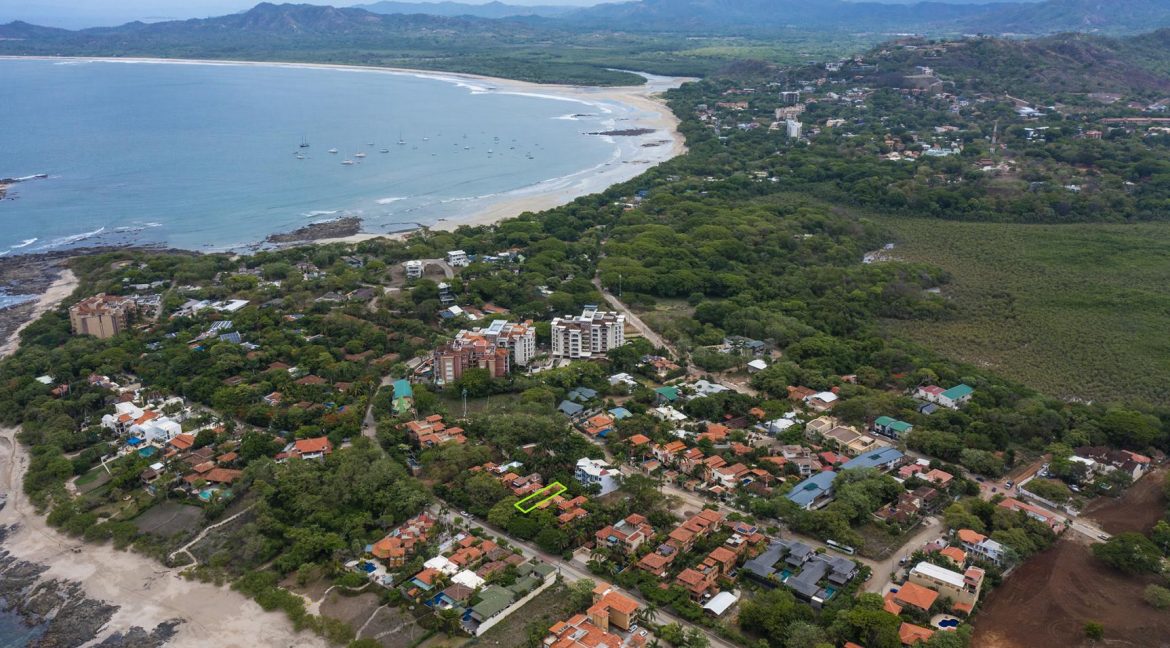Every January, local homeowners gear up to pay their Costa Rica property tax. If you’re wondering how much you’ll likely pay, then your internet searches have likely turned up a smorgasbord of information – some outdated, some conflicting, and much of it confusing.
We hope to help, on all three accounts.
The short of it is that all properties, across the board (and the country), are subject to a 0.25% (that’s one-quarter of one percent) municipal property tax. Beyond that, properties above a certain value (currently: ₡137,000,000, or about $200,000) are subject to a luxury property tax, aka a solidarity tax, which is calculated at an additional 0.25% to 0.55%.
Tax Tip! Set yourself an annual reminder for January to pay your property tax. Unlike in many other countries – and even many services and payments in Costa Rica – most municipalities will not send a municipal tax reminder by snail mail, email, or other means. The onus is on the homeowner.
Municipal taxes may be paid annually in January or spread out over four quarters, typically March, June, September, and December (may vary by municipality). The solidarity tax is due during the first two weeks of January.
Please note that all information in this post is current, as of publication, but should not be taken as legal advice. Inquire with your favorite real estate attorney on current laws and your specific situation.
That’s it, the sum total of calculating your Costa Rica property tax! But if you want to dig into the details, the hard numbers, your property’s current valuation, and more, then read on.
How is Your Costa Rica Property Tax Calculated?

You’ll pay a minimum of 0.25% for property taxes in Costa Rica
In Costa Rica, property taxes are mostly (more on this, below) calculated as a straight percentage of your home’s value: 0.25% to 0.25% PLUS an additional 0.55%, depending on the value of your home.
Your percentage, like a property tax bracket, depends on your property’s taxable value. Hop around the internet and you may also read this as its “declared value.” That’s because, while municipalities once did the work of valuing homes, they’ve now punted the ball to homeowners. (You’ll fill out a new or updated property valuation form every 5 years.)
Note that, when you purchase a new property and its deed has been registered, it’s your responsibility to notify your municipality to update the tax information on record. Which brings us to the question of how to determine your property’s current value? If you’re purchasing a new build, your valuation will be your purchase price. Easy peasy.
Tax Tip! Be sure to connect with an experienced (and well recommended) real estate attorney in Costa Rica. They can help with both your purchase (including closing costs and other associated paperwork), as well as get your municipal paperwork filed, inquire into your current property valuation, and other steps to get you current with your municipality.
For existing homes, there are two basic methods, both of which essentially boil down to the same basic method:
- Call your municipality and ask to be put through to the municipal tax department. If your home is held in a corporation, provide them with your corporate ID number (cédula jurídica); if your home is held personally, provide them with the ID number (passport or cédula) of the property owner.
- Go to your local municipality in person. Be sure to bring the documentation cited in the first option, as well as your personal ID (passport or cédula), in case it’s requested. (And it will likely be requested.)
Property Taxes in Costa Rica: A Sliding Scale
So, back to those percentages we mentioned above: Costa Rica property tax is calculated at 0.25%, plus an additional 0% to 0.55% of your taxable or declared property value.
So, how do you know whether you’ll pay 0.25%, 0.25% + 0.55%, or somewhere in between? It all comes down to the sliding scale, which assesses tax rates based on a property’s total value. Here’s how it works.
The 0.25% tax rate applies to all homes. So, a home worth $100,000 will pay $250 in annual taxes and a $500,000 home will pay $1,250 annually. (Note that the 0.25% is one-quarter of one percent, or 0.0025 mathematically.)
Those extra percentages come into play for what Costa Rica often refers to as “luxury homes.” In reality and by law, this is actually the solidarity tax for social housing.
Costa Rica’s Luxury Home Tax / Solidarity Tax

When calculating your solidarity tax property value, you’ll include the home + all external structures, like a pool or rancho
The solidary tax – essentially, an add-on to your Costa Rica property tax – applies to residential use homes, whether they are used as a primary residence, a part-time residence, or a vacation home.
For the 2021 solidarity tax – note, the tax is paid the following year; in other words, we pay the 2021 solidarity tax in 2022, based on our 2021 home valuation – the luxury tax rate applies to homes valued above ₡137,000,000. Based on current exchange rates (which are often changing), this applies to homes valued around U.S. $198,000 to $205,000+.
Notably, your first calculation is based on the cost of construction: In other words, if your construction (excluding land) is valued under the given amount, then you are exempt from the luxury tax. Note that land owners (no construction) are exempt from the solidarity tax. That said, if your home’s valuation exceeds this amount, then your solidarity tax will be calculated to include land valuation.
We know this sounds confusing but it’s fairly straightforward. If you qualify for the solidarity tax, you can get a good idea of your tax rate in three steps:
- Separation of Value: Calculate the square footage (build or rebuild) for your main home and all accessory structures, for example, a rancho, swimming pool, driveways, and more. To determine the tax value of this square footage, you may use the Manual de Valores Base Unitario por Tipología Constructiva (Manual of Base Unit Measures by Construction Type) from the Ministerio de Hacienda, or Tax Authority.
- Exemption or Payment Determination: Once you have calculated your home’s value (total square feet multiplied by the indicated price per square foot), you will know whether you are exempt from the solidarity tax. (Again, for 2022, exemptions are given for homes valued up to ₡137,000,000.) If your construction costs exceed this base amount, then you must then also add your land valuation to your total. The sum of these totals (construction + land) represents your valuation for the solidarity tax.
- Declare the Solidarity Tax: Declarations are given every three years – currently, we’re heading into the 2022/2023/2024 period, which will entail a new base rate – but for 2022 (paying 2021 tax), we’re in the final year of the ¢137,000,000 exemption value. Declarations are made via the form known as, Formulario Único de Inscripción, Declaración y Pago Impuesto Solidario para el Fortalecimiento de Programas; payments are due every year during the first two weeks of January.
Once you have your total valuation (step 2 above), you can calculate your solidarity tax rate based on the following:
Up to ₡344,000,000: 0.25%
₡344,000,000 to ₡691,000,000: 0.30%
₡691,000,000 to ₡1,036,000,000: 0.35%
₡1,036,000,000 to ₡1,383,000,000: 0.40%
₡1,383,000,000 to ₡1,726,000,000: 0.45%
₡1,726,000,000 to ₡2,073,000,000: 0.50%
Above ₡2,073,000,000: 0.55%
For a simple conversion to dollar rates, use a rate of approximately ₡675 to $1. (Multiply your purchase price, in dollars, by ₡675.) In other words, the first tax bracket (“up to ₡344,000,000”) applies to properties worth up to about $509,000.
Note that these solidarity tax rates are in addition to the basic 0.25% tax rate. So, for that home valued at $500,000 (the 0.25% solidarity tax bracket), you’ll pay a still relatively low municipal tax of 0.25% ($1,250) + solidarity tax of 0.25% ($1,250), for a total $2,500 in annual property tax.
Proceeds of the luxury home tax are funneled to provide housing for those living in extreme poverty.
Dreaming of a Home in Costa Rica?
We know about a lot more than just your Costa Rica property tax! At Blue Water Properties, we’re bilingual, bicultural, and seriously experienced. And we put you first.
So, whether you want a little bit of help figuring out your property tax obligations or are looking a little broader – from raising a family in Costa Rica to investing in a business, we’re here to help.
Go ahead. Imagine building your dream home, condo, vacation home, or investment property – what is most important to you? Are you a part-time or full-time owner? What’s your timeframe? Where does your budget fall?
Please, get in touch. We’re sticklers for responding within 24 hours. Yes, even if you’re reading this post into the wee hours; we’ll have more information to you on that dream, within the day! And we look forward to it!
At Blue Water Properties of Costa Rica, we’re proud to offer some of the best Costa Rica real estate. We have both condos and homes, land, and businesses for sale.


